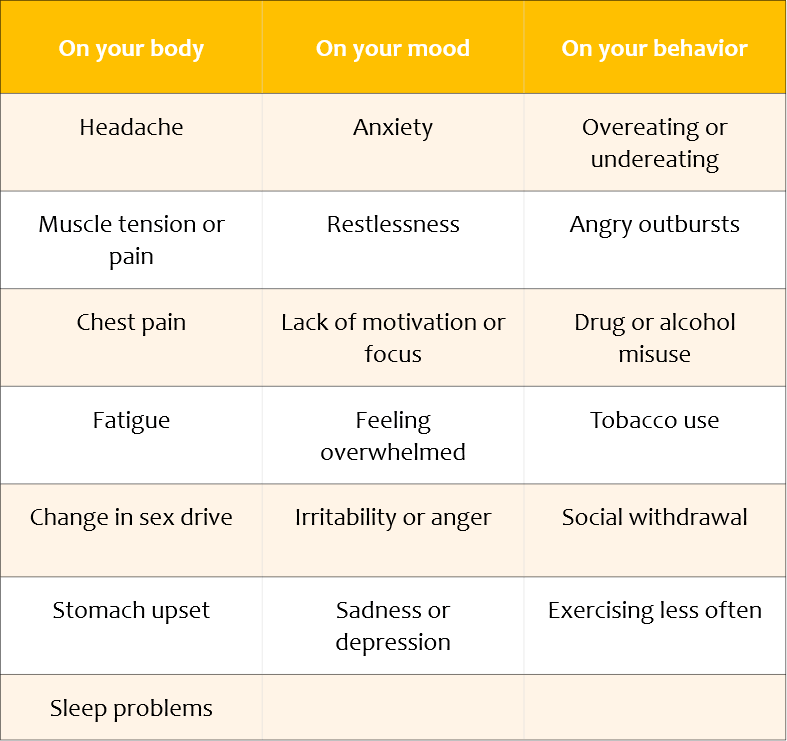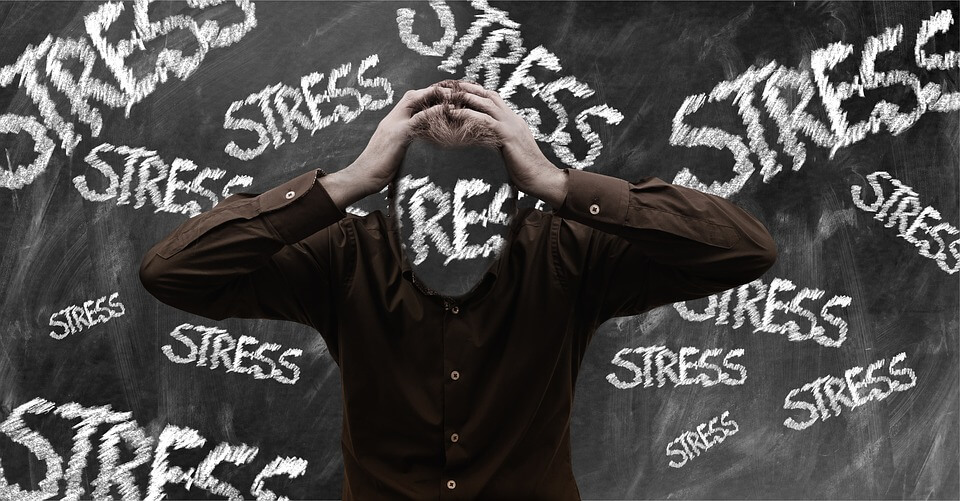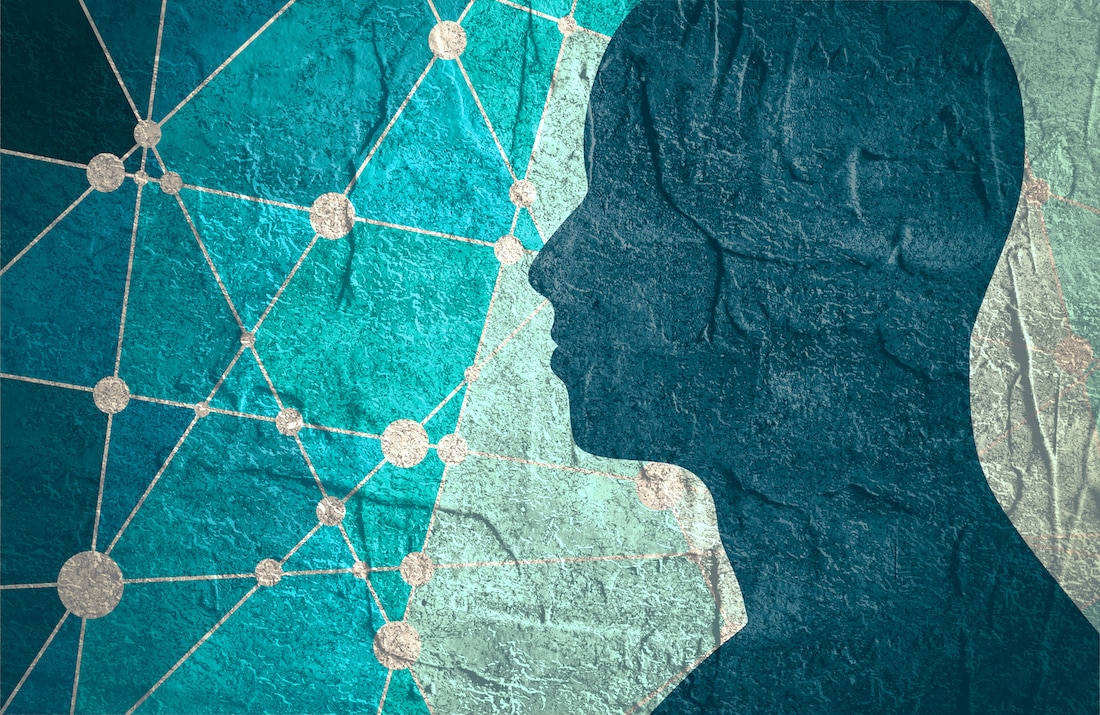Do you ever think about the symptoms that are associated with stress and how they may be affecting your body and your behavior? For most of us, the answer is no. But when we have that chronic headache or insomnia or lack of appetite, it could be because of our stress.
What is stress?
According to the National Institute of Mental Health, stress is how the body and the brain responds to demands or stressors such as work, school, traumatic events, family, or finances.
There are five key things to know about stress:
- It affects everyone. We all have stress at some point, but some people may cope more effectively and quickly than others. Stressors may be one time or an occurrence that continues over time.
- Not all stress is bad. For some stress can be a motivator, such as taking a test. It is also our body’s way of preparing us to face a threat or flee to safety. As our body goes into survival mode, our pulse quickens, muscles tense, and our brain uses more oxygen.
- Long term stress can be harmful. As we will discuss, chronic stress can affect us physically, mentally, and emotionally. The source of long-term stress is often constant and harder to notice because our body has no signal to return to normal. Over time this stress can lead to issues such as heart disease, high blood pressure, diabetes, and other serious illnesses.
- Stress is manageable. Over time the effects of stress can build up but taking practical steps can alleviate some of these effects. Learning to manage stress can lead to an overall improved well-being.
What are the effects of chronic stress?
Stress itself is not an illness. When stress is prolonged, our body is no longer able to return to a normal state, which negatively impacts the way we deal with emotions. As we mentioned, long term stress can cause emotional, physical, and mental issues that affect our heart, immune and metabolic functions, and our brain hormones.
The Mayo Clinic lists the following as common effects of stress:

Chronic stress can put individuals at risk for serious mental health issues such as depression, or anxiety. Recent studies have shown that chronic stress changes the structure of the brain, affecting both the nerves and connections, increasing the likelihood of developing a mental illness. In some instances, short-term stress can lead to serious mental illness, such as Post-Traumatic Stress Disorder (PTSD), which can develop after experiencing a traumatic event.
How can I manage stress?
- Incorporating physical activity into your routine can help to relax the body, boost your mood, and reduce stress. Set goals to keep yourself on track.
- Explore stress coping activities such as meditation, yoga, or other gentle movements. Schedule regular times for these or other activities that you find relaxing.
- Close your eyes and relax, taking deep breaths in and out for 5-10 minutes at a time. Doing this will help calm your mind, body, and spirit.
- Eat well. Eating a well-balanced diet will help your overall wellness but will also improve your mood. Incorporate vegetables, lean protein, whole grain, and fruit. Do not skip meals, as this can lead to irritability and increase your stress.
- Slow down. Examine your life and find small ways to make some changes to alleviate stress. Break down big tasks into smaller ones or set your watch ahead 5 minutes so you arrive a few minutes early. The smallest changes can make big impacts.
- Enjoy yourself. Set aside time for the things you enjoy. Maybe it’s playing a round of golf or catching up on your favorite shows. Do something every day that makes you feel good.
- One of the most important things you can do for yourself is to talk about your problems. Sharing what is bothering you can help reduce your stress and give you some much needed support. If you engage in self-talk, make sure it is positive – “I can do this today.” Or “I am doing my very best.”
It is important to recognize how your body responds to stress, such as insomnia, substance use, irritability, depression, or low energy. If you find that you are taking steps to manage your stress, but symptoms persist, you may need professional help.
At Lifeskills South Florida, we can help you manage the symptoms of stress that have led to anxiety, depression, substance use, or other mental health disorders. We provide evidence-based treatment using a thorough assessment and a customized program that complements our five clinical pathways with secondary supports. Our program uses a holistic approach to treatment that incorporates mindfulness, meditation, and integrated primary care, which offers individuals an opportunity for complete recovery.
For more information on how Lifeskills can help you take the next step towards recovery, call our admissions team at 954-953-1742 or complete our contact form.
Listen to Dr. Daniel Bober, Lifeskills South Florida Medical Director, discuss how to manage stress brought on by the recent storms.




